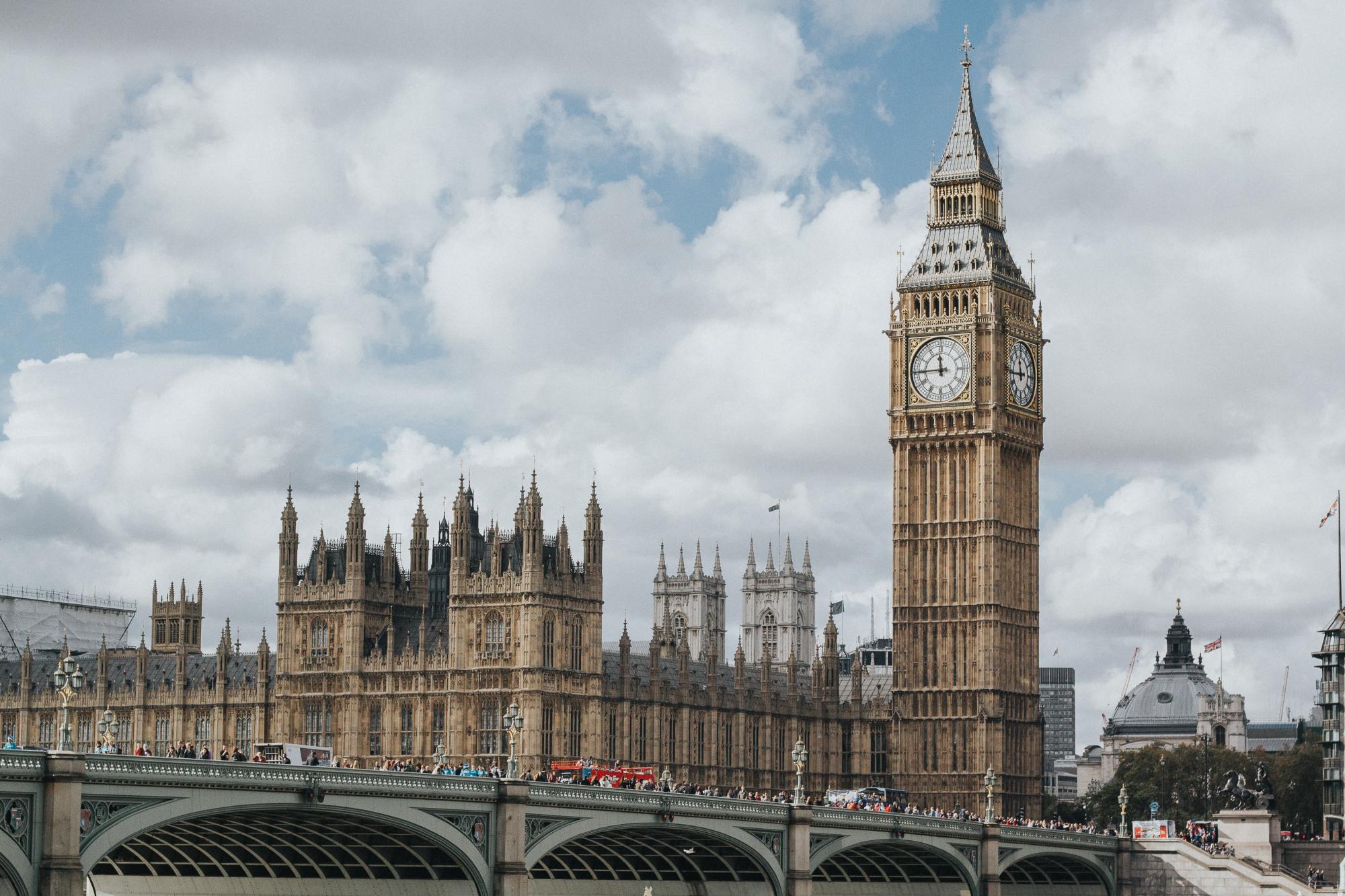Test- FTSE 100 Kicks Off August on a High as BP and Senior Lead Market Momentum
$11
10 Oct 2025, 13:13

Unsplash.com

A report published by Invezz claims that UK workers have lost £10,700 annually due to wage stagnation
Britain is at a turning point in its history, where it must confront the harsh reality of 15 years of declining economic growth and rising inequality.
A deeper-rooted problem has emerged as the UK struggles through a turbulent period, emerging from the pandemic into a horrifying cost-of-living crisis and historic rates of inflation. The country is facing unprecedented levels of homelessness and financial strain as a result of rising energy bills, food prices, and housing costs, even in the face of substantial government aid totalling £78 billion.
Beyond the current crises, there is a much more sinister issue at play that has fueled this economic turbulence. The UK has become a "stagnation nation" due to a severe 15-year period of income stagnation and persistent inequality, the report stated.
In the latter part of the 20th century, the UK managed to catch up to more productive countries like France, Germany, and the US, but in the mid-2000s, that trend started to swerve. The UK's labour productivity has grown at half the rate of the 25 richest OECD countries over the past 12 years of the financial crisis, or 0.4% annually, a crippling slowdown in productivity that has not been matched by economies of a similar size. The difference in output has cost each individual £3,400.
This terrible productivity performance has a direct impact on stagnant wages and income growth. From 1970 to 2007, real wages increased by an average of 33% every decade. However, in the 2010s, real wages fell below zero. Surprisingly, salaries fell to levels suggestive of the financial crisis by the middle of 2023. Because of this prolonged period of wage stagnation, the average worker now earns £10,700 less per year.
At the same time, income inequality has increased dramatically, making the UK the most unequal major European economy. Even though the National Minimum Wage has had some success in reducing hourly wage inequality, the main cause of this inequality surge is the growing gap between the top and middle-income groups, which is made worse by benefit cuts and rising housing costs for low-income households.
Furthermore, these economic problems are not localised. The income difference between Nottingham and Kensington and Chelsea is 4.5 times greater than that of the poorest area. The wealthiest area's income disparities are exceedingly sharp. These differences, which have existed since 1997, also reflect differences in productivity between cities, with London being 41% more productive than Manchester.
This toxic combination of high inequality and low growth is particularly harmful to younger people and those with low to middle incomes. Low-income households in the UK face a startling 27% poverty gap compared to their French and German counterparts, while middle-class Britons find themselves 20% poorer than their German counterparts and 9% behind those in France.
The future has become less promising for the younger generation. The trend of rising wages across generations has stopped, and if significant changes don't take place, people born in the early 1980s will be nearly half as likely as their parents to own a home by the time they are thirty. This bodes poorly for the future. The report emphasises how the UK's status no longer compares favourably to that of France and Germany, except for a small and privileged minority. This stark reality poses a challenge to the nation's self-perception.
(Sources: investing.com, invezz.com)